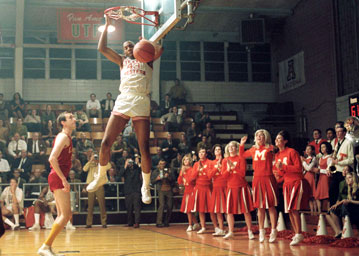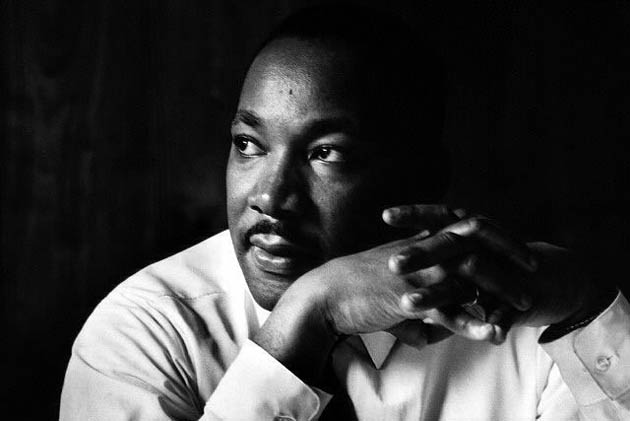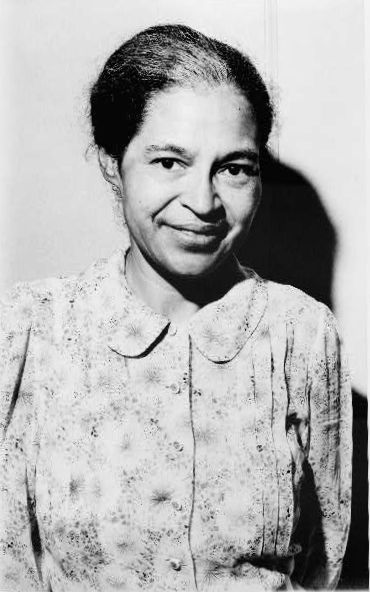
Nothing if not textbook and by-the-numbers (Coach Haskell would be proud), Disney’s Glory Road — the story of the 1966 NCAA Champion Texas Western Miners, the first basketball team in tournament history to feature five black starters — still makes for a decent genre matinee. It’s not a movie that’ll light the world on fire by any means, but it hits its beats decently, and benefits from amiable performances from Josh Lucas and Emily Deschanel right on down the bench. I wish the movie had stayed more with the historical game plan it marked out in the opening credits — and that the basketball scenes were more engrossing — but, all in all, Glory Road is a journeyman sports pic.
A synopsis here is probably overkill, suffice to say that a well-meaning disciplinarian coach (Josh Lucas) rides into El Paso, circa 1965, to try to mold a championship basketball team out of a triracial group of college athletes. Do these youngsters overcome their cultural differences, learn there’s a method to Coach’s madness, and become a Team? Do they play well enough to get to the Big Dance? Well, I’ll leave that for you to discover. The main — ok, the only — thing that differentiates Glory Road from its many predecessors is its period flavor. These players don’t just have to worry about the usual assortment of college problems: They’re also caught up in the middle of the civil rights revolution — and the white backlash — across the South, and have to contend with brutal acts of racism off the court as well as the usual opposing teams. George Will recently questioned whether this team was as history-making as it’s made out to be here. Well, ok, but, in a way, that’s beside the point. By bringing race and the civil rights struggle to the fore here, Glory Road acts as a corrective to the main flaw in what’s otherwise a better basketball film, Hoosiers. As Spike Lee points out in Best Seat in the House, it’s hard to watch that film, particularly its final game, and not feel at times that its an uncomfortably white basketball flick.
Speaking of Spike Lee’s book, it also kinda ruined some of Glory Road for me. Therein, Lee (pre-He Got Game) spends a chapter calling out ridiculous basketball scenes in movies — watching unathletic actors dunk on 6-foot rims, etc. And, while the rims look the right height in Glory Road, I have to admit, none of the basketball scenes are all that engaging. They’re cut too close, there’s barely a sense of plays developing, and very few shots seem to leave the actors’ hands to go into the basket. (For that matter, you don’t really get a sense of what various players’ strengths or weaknesses are here, other than that Bobby Joe Hill (Derek Luke) has a nice handle and Nevil Shed (Al Shearer) has a tendency to disappear in the paint. What’s more, Coach’s advice throughout basically can be summed up as “You can do it!” — Not a lot of play-calling going on.) Still, for what it is — an uplifting vignette of sports history — Glory Road is solid enough. Formulaic, sure, but no harm, no foul.




